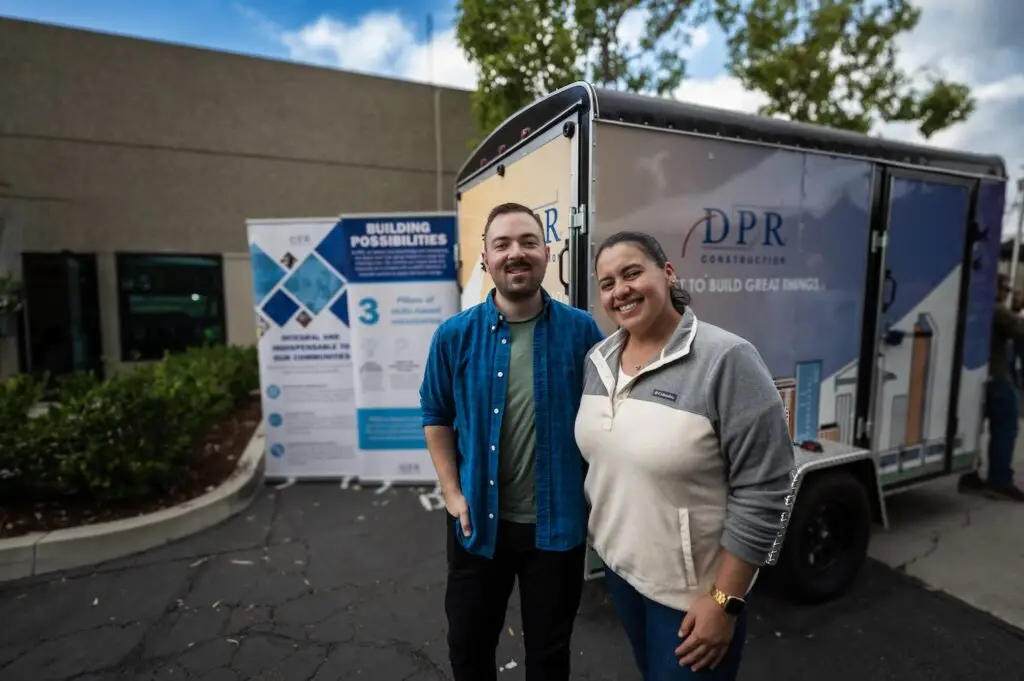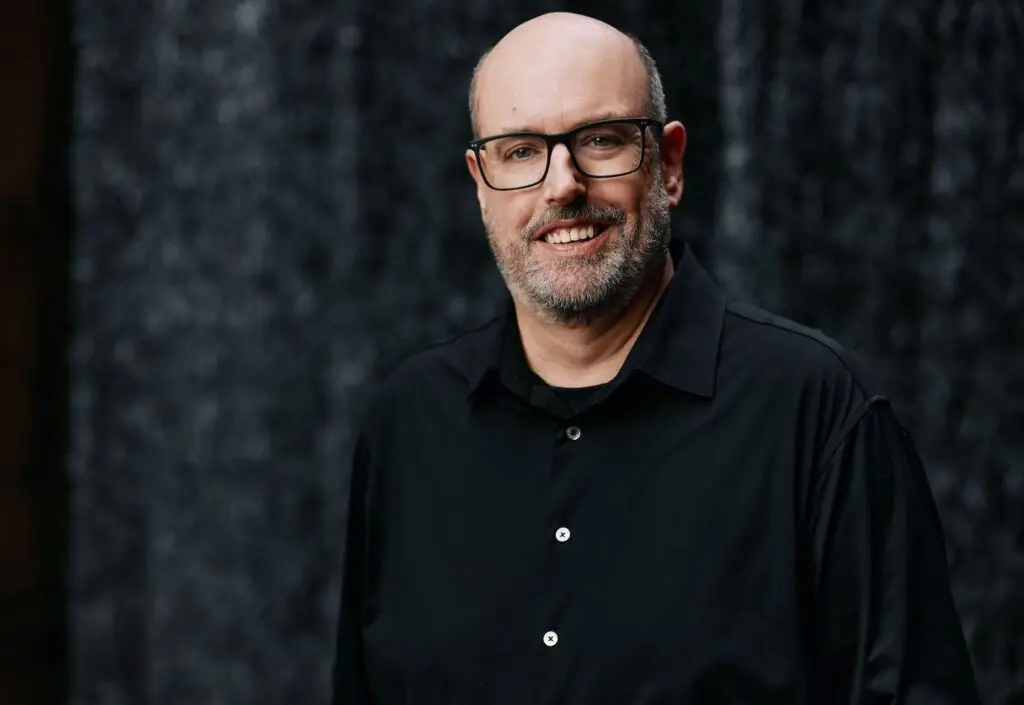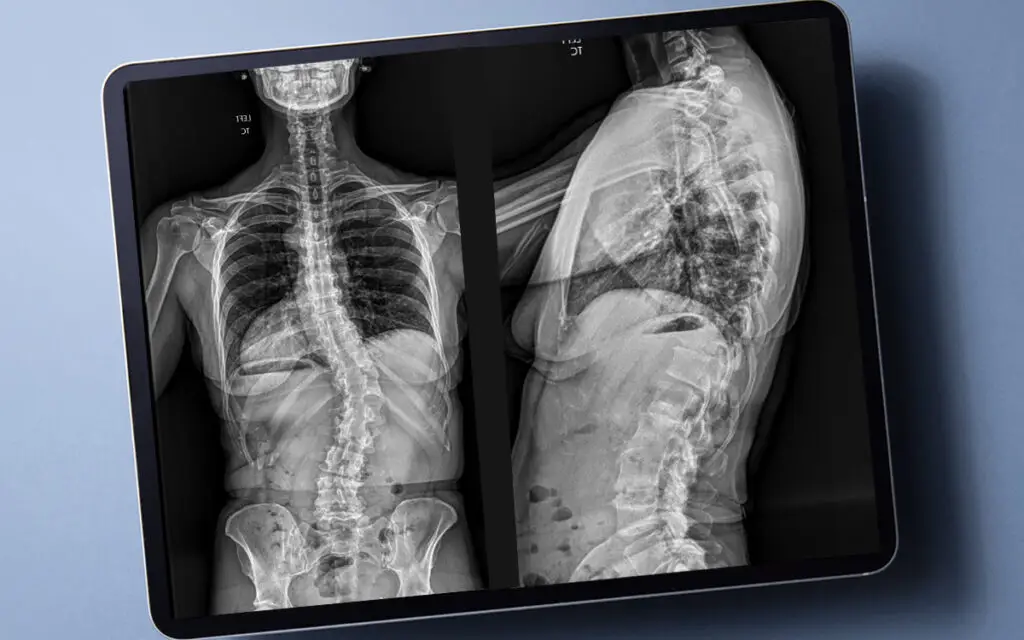Over the past year, $25 million in federal and nonprofit funds have been awarded to San Diego biotech companies for the development of therapies that fight multidrug-resistant bacteria known as superbugs.
23,000 of the 2 million Americans infected by superbugs each year die from them. According to the Centers for Disease Control and Prevention, these microorganisms emerged because of the widespread, decades-long use of antibiotics. But even as research into new treatments continues, health care providers recognize that the long-term strategy isn’t to end antibiotic use; most bacterial infections still succumb to them.
“We’re not going to withhold antibiotics simply because we know the more we treat, the more likely we are to get resistance,” says Dr. John Bradley, director of the Division of Infectious Diseases at Rady Children’s Hospital. “There is no magic number of infections that are too many to treat.”
Instead, it’s about stopping unwarranted prescriptions. Many San Diego hospitals have implemented an Antimicrobial Stewardship Program, or ASP. Bradley, who is also chief of the Division of Infectious Diseases at UC San Diego School of Medicine, helped set up Rady Children’s program—one of the nation’s first—in the late 1990s.
“Promoting the principles of antimicrobial stewardship is all about making prescribers aware of the alarming progression of antibiotic resistance,” says Bridget Olson, an infectious disease pharmacist at Sharp Coronado Hospital.
Vaccinations are also key to curbing antibiotic use, since they prevent people—especially children—from getting infected in the first place.
“We’re always about preventing the infection from happening instead of treating it afterward,” says Dr. Alice Pong, a pediatric infectious disease specialist at Rady Children’s.
Be your own (and your children’s) antimicrobial steward: When offered antibiotics, ask the prescribing physician whether they’re really needed. “If the doctor can’t explain why an antibiotic should be used, then maybe it isn’t necessary,” says Bradley. “We don’t take infections lightly, but we don’t want to treat unnecessarily.”

PARTNER CONTENT
Rethinking Antibiotics in the Age of Superbugs

















